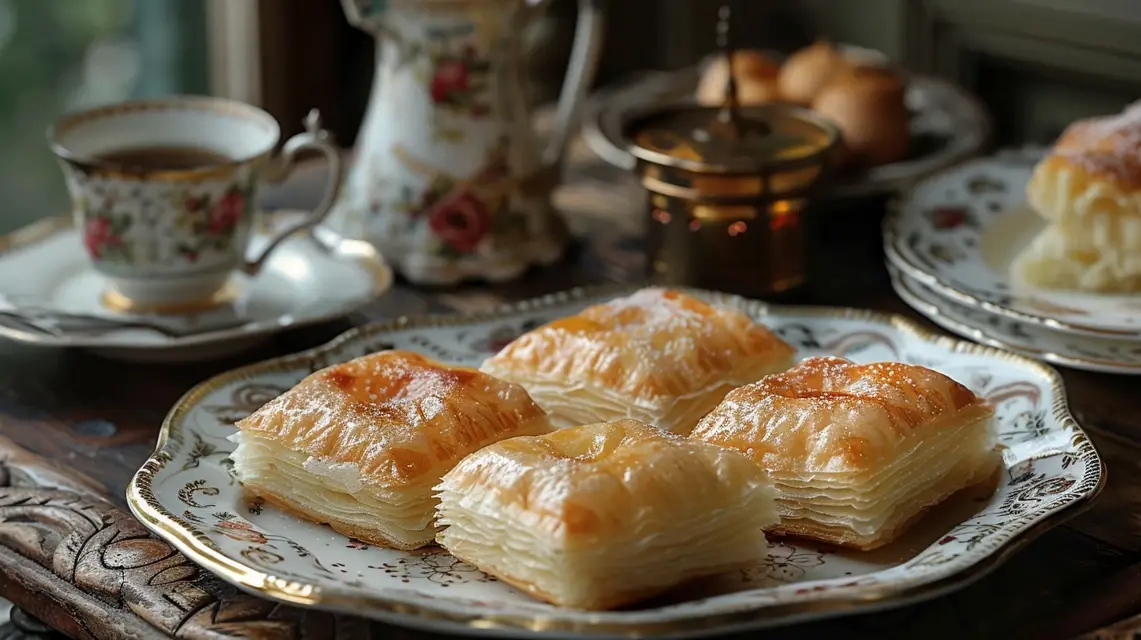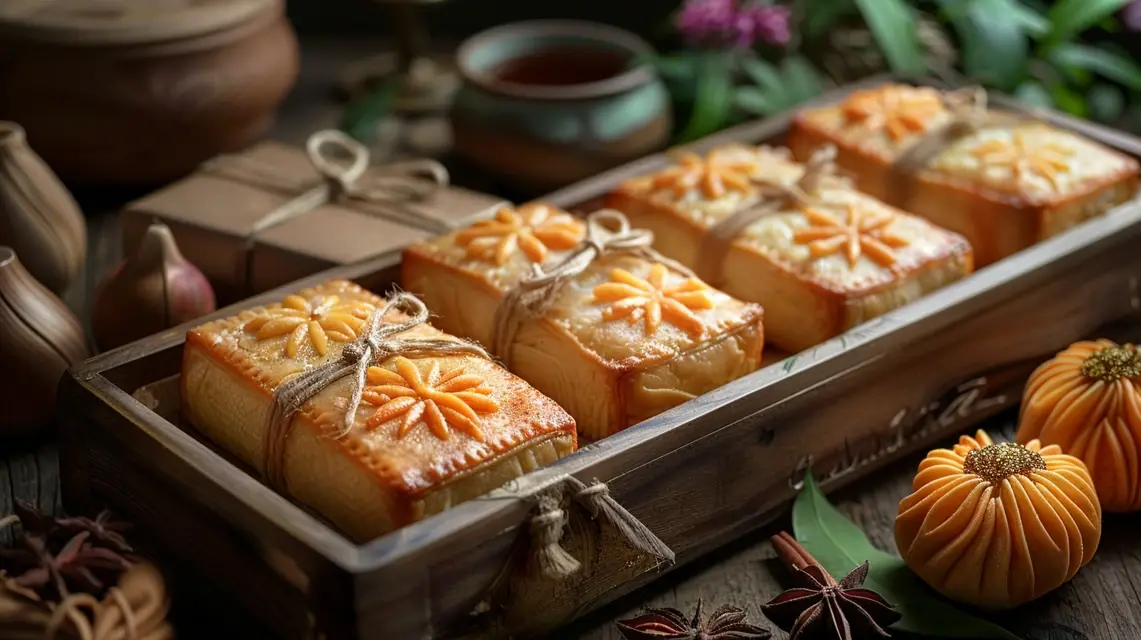Kataifi and Its Connection to Hospitality
In many Mediterranean cultures, hospitality is not just a courtesy but a way of life. The tradition of welcoming guests with food and drink runs deep, and among the sweetest symbols of this practice is kataifi. With its golden pastry threads, rich nut fillings, and fragrant syrup, kataifi is often served as a gesture of kindness and respect, making it inseparable from the cultural meaning of hospitality.
Kataifi as a Gesture of Welcome
Hospitality in Greek culture, known as philoxenia, emphasizes generosity and warmth toward guests. Offering kataifi embodies this principle. Whether presented at the beginning of a visit or after a shared meal, kataifi signals that the host values their guest’s presence and wishes to share sweetness with them.
Why Kataifi Is Chosen
Kataifi is often the dessert of choice for hospitality because of its qualities:
- Visual beauty: Its golden, thread-like pastry makes it impressive to serve.
- Flavor balance: The harmony of nuts, syrup, and spices pleases a wide range of palates.
- Symbolism: Its layered structure represents abundance and generosity.
Kataifi in Everyday Hospitality
Beyond festive occasions, kataifi also plays a role in daily life. When neighbors, friends, or relatives drop by, serving kataifi with coffee or tea is a way to honor the moment. This everyday ritual reinforces bonds within communities and ensures that no guest leaves empty-handed.
Cultural Symbolism of Kataifi
The connection between kataifi and hospitality is rooted in symbolism. Its syrup represents sweetness in relationships, while the nuts inside symbolize prosperity and blessings. Serving kataifi to a guest is, in essence, a wish for joy, abundance, and harmony.
A Tradition of Generosity
In many households, kataifi is prepared in large trays, not only for the family but also for neighbors and unexpected visitors. This practice reflects the cultural importance of generosity and the belief that sharing food strengthens relationships.
Kataifi in Modern Hospitality
Today, kataifi remains a staple of hospitality, whether homemade or purchased from bakeries. Modern hosts often present bite-sized portions, making it easier to serve at casual gatherings while still honoring tradition. Even with contemporary adaptations, the dessert continues to symbolize warmth and generosity.
Conclusion: A Sweet Expression of Welcome
Kataifi’s connection to hospitality reflects more than just culinary tradition—it is a cultural expression of kindness and respect. Whether offered to family, friends, or visitors, kataifi carries the message that every guest deserves warmth and sweetness. In this way, kataifi remains an enduring emblem of hospitality in Greek culture and beyond.
Related reading: For more cultural insights, visit our Kataifi Dessert Traditions section.




